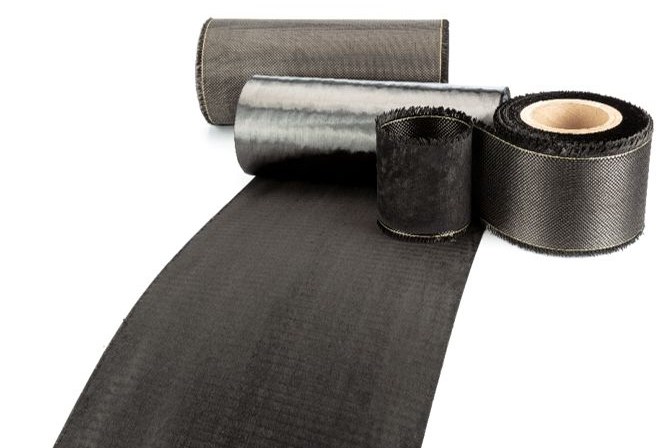New funding accelerates Boston Materials' composite development
The funding enables Boston Materials’ efforts to expand its Supercomp reinforcement product’s presence in the market.

Source | Boston Materials
Boston Materials (Bedford, Mass., U.S.), a manufacturer of advanced carbon fiber products, reported on May 18 that it has received funding from the National Science Foundation (NSF) to accelerate the development and launch of lightweight materials. The new funding increases NSF’s non-dilutive investment in Boston Materials to nearly $1 million.
“These new materials have the potential to eliminate the range anxiety associated with electric vehicles, reduce the cost of air travel and increase the connectivity of our electronic devices,” says Anvesh Gurijala, Boston Materials founder and CEO. “Continued support from NSF through America’s Seed Fund and the SBIR program allows us to accelerate our development, even during the economic environment created by the COVID-19 pandemic.”
With similar endeavors previously financed by SABIC Ventures, Clean Energy Ventures, and the Clean Energy Venture Group, Boston Materials will use the funding to combine the company’s high-performance and sustainable Supercomp carbon fiber products with thermoplastics for injection molding, additive manufacturing and other high-speed processes common in the transportation and electronics industries. The development is a key part of Boston Materials’ overall effort to transform the transportation, electronics, energy and infrastructure industries with composite materials.
Related Content
-
Composites end markets: Batteries and fuel cells (2024)
As the number of battery and fuel cell electric vehicles (EVs) grows, so do the opportunities for composites in battery enclosures and components for fuel cells.
-
AZL launches three Joint Partner Projects, welcomes composites leaders participation
New initiatives kicking off mid-July 2025 explore fire testing safety for EV battery cases, holistic TPC pressure vessel strategies and exploring and quantifying composites in space and defense.
-
Composites end markets: Automotive (2025)
Composites manufacturing intelligence drives circular economy solutions as automotive industry balances technical demands with sustainability mandates.



